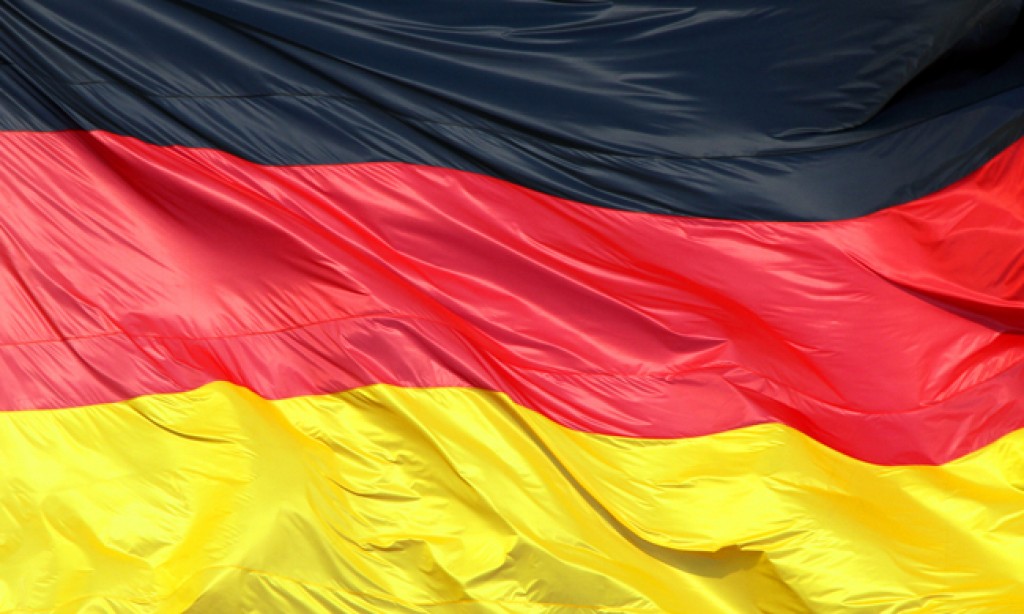Overview
A foreigner wishing to work in Germany may require a work permit. However, EU nationals including individuals from Nordic countries like Norway, Switzerland, Iceland and Liechtenstein do not need a visa or official consent to work in Germany.
The migration of skilled foreigners into Germany is highly encouraged to compensate for the aging population and shortage of professionals. But then again, the intra-European migration has not been enough to fill the gap of inadequate professionals in Germany. Therefore, immigration laws in Germany allowed for issuance of work visa also known as Blue Card EU to selected individuals with a university degree from well-paid-third-countries to allow them hold employment positions in the country.
How to get the work permit
As mentioned earlier, getting a work permit for Germany highly depends on your country of origin. EU citizens need not apply for one while other nationals should make the application from their country of origin along with the visa request.
Once the request is submitted, the German diplomatic mission contacts the immigration department who in turn contact the Federal Employment Agency.
If the agency approves your application, they issue the permit and then submit it to the immigration department in Germany where it is passed back to the diplomatic centre where one first applied for the visa.
Requirements for work visa for Germany
One needs to visit the nearest Germany Consulate and make the application in person. A valid passport and at least one copy thereof together with several passport photos will be needed. A small fee will be charged and then depending on the country one is in, the consulate may request for additional documents such as certificate of good conduct, diplomas, job contract and references.
To be sure of the exact procedure and requirements, it is necessary to check with the respective consulate so as to avoid confusion and delays in the process.





